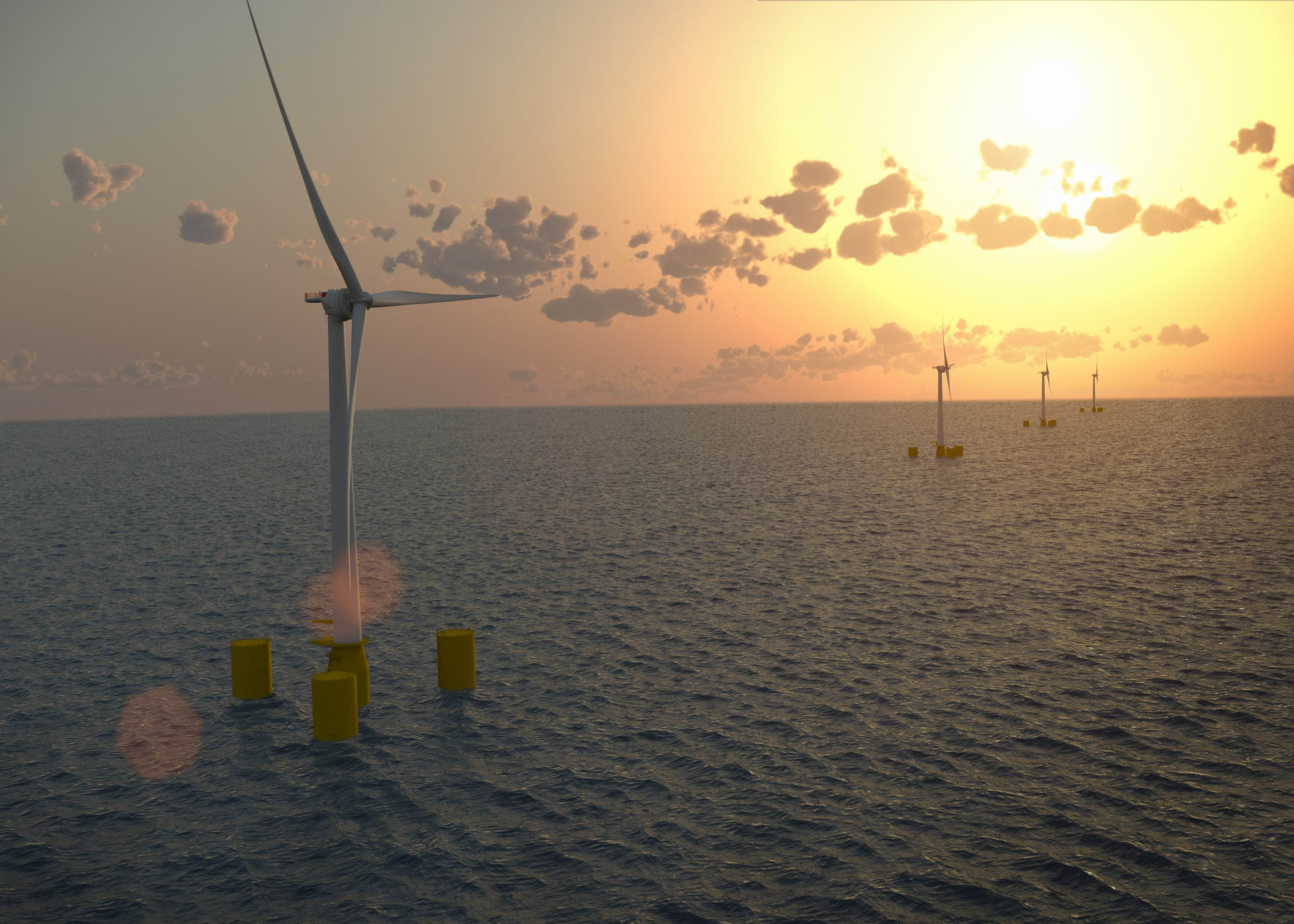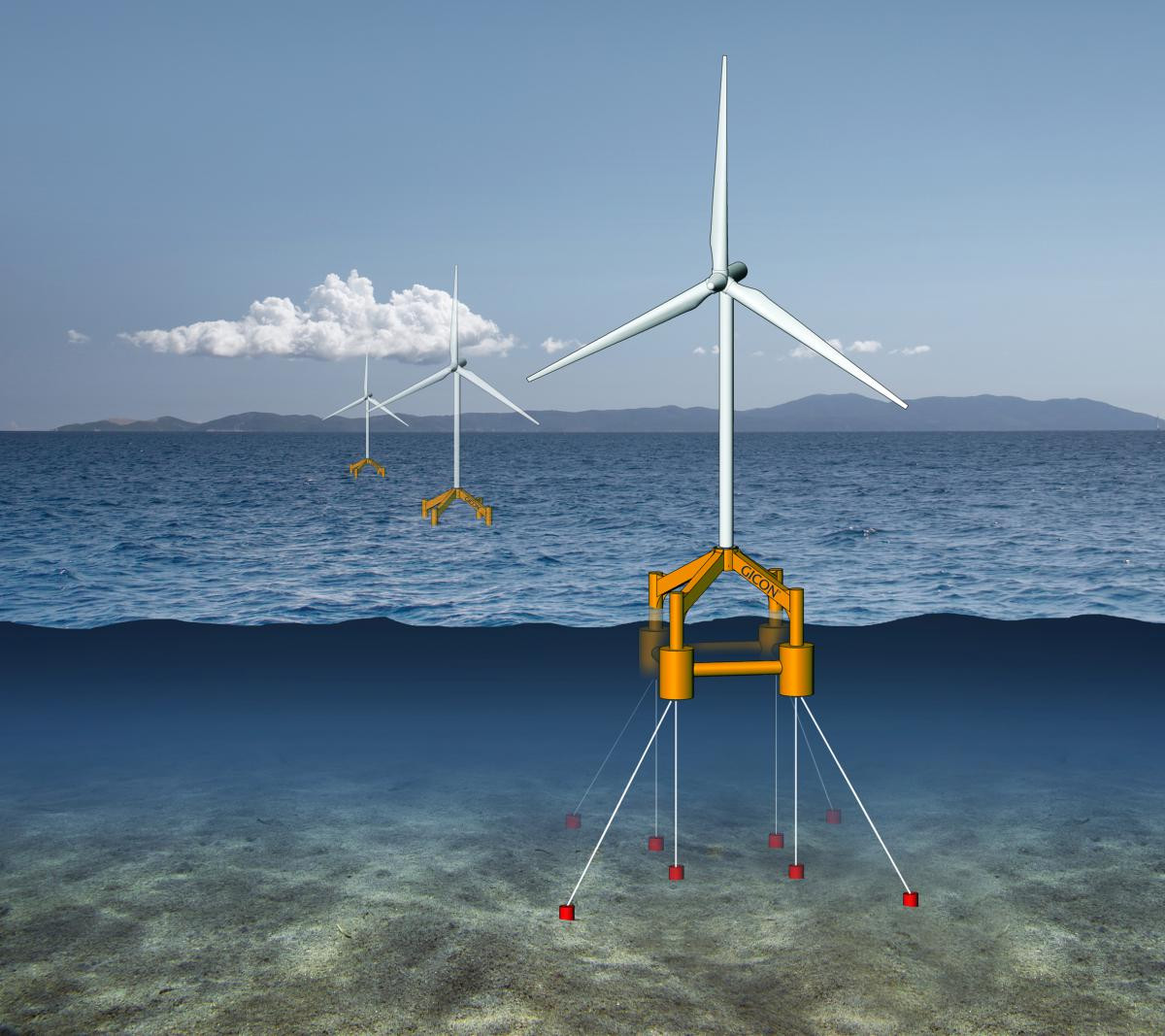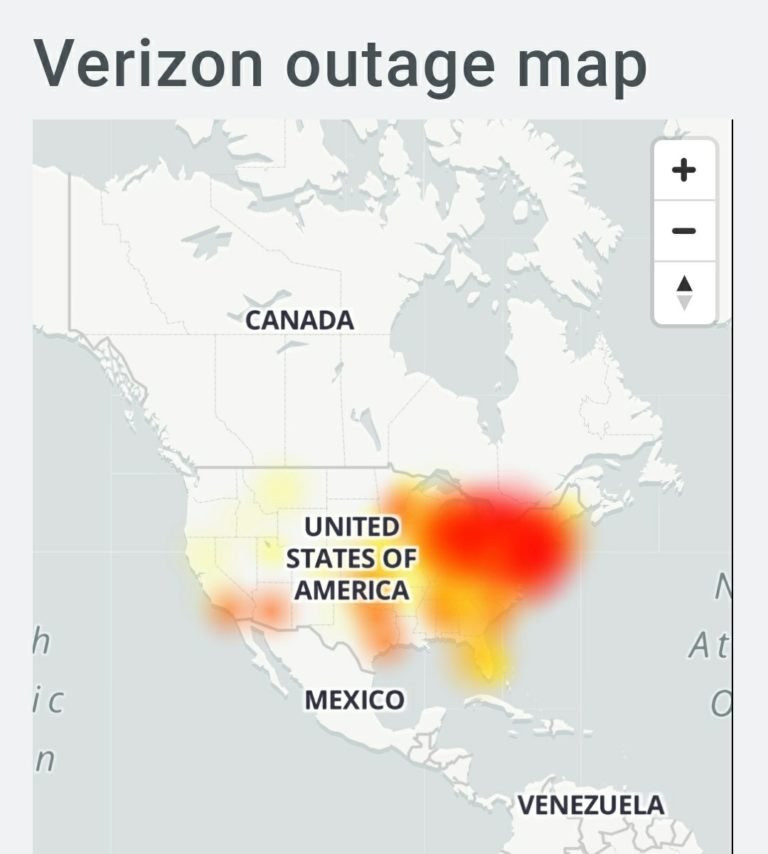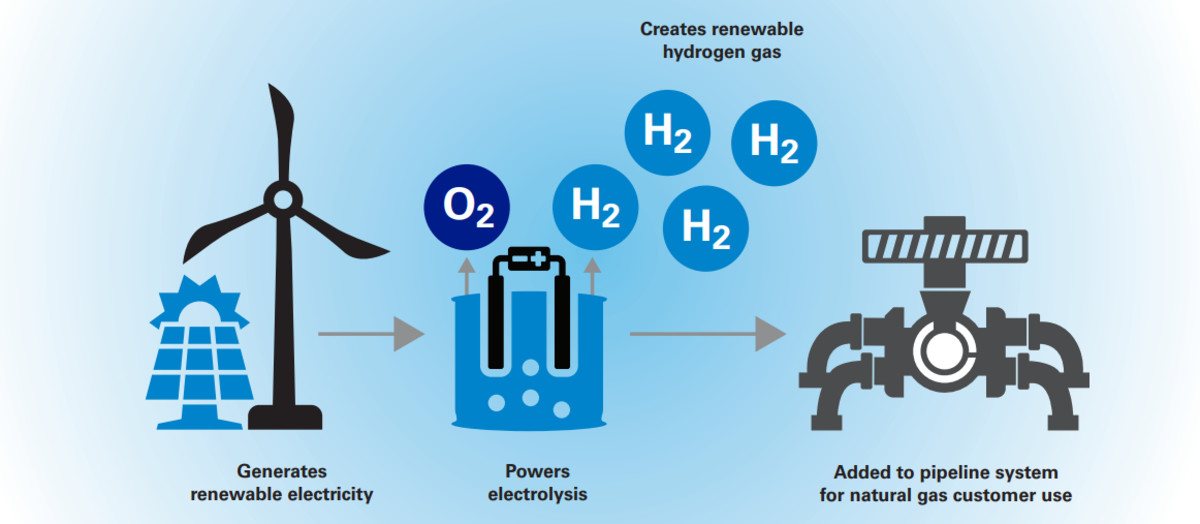The Rise of Floating Wind Turbines: A Game Changer for Offshore Wind Power
The Floating Wind Turbine market is set for remarkable growth, with an estimated market size of $0.74 billion in 2023 and an impressive compound annual growth rate (CAGR) of 84.68% projected through 2033. This rapid expansion is fueled by technological advancements in turbine design and deployment, unlocking the potential of deeper waters for wind energy generation.
Unlocking Deeper Water Resources
Traditional fixed-bottom wind turbines have been instrumental in harnessing wind energy, but they face limitations in shallow waters. Floating wind turbines offer a groundbreaking solution, allowing us to tap into the vast untapped wind resources in deeper waters, further expanding the reach of offshore wind power. This technology is particularly significant as it presents a sustainable alternative to fossil fuels and other renewable sources.
Technological Advancements Driving Growth
The Floating Wind Turbine market growth is driven by significant advancements in turbine design and deployment, enhancing the efficiency and viability of offshore wind energy generation. These advancements are key to overcoming the challenges associated with deeper waters.
Facing Challenges: High Initial Costs and Market Adoption
Despite the immense potential of floating wind turbines, the market faces challenges, particularly the high initial costs associated with the development and installation of floating wind farms. These costs can deter investment and slow market adoption.
A Promising Future with Opportunities and Innovation
However, the market is brimming with growth opportunities, fueled by increasing demand for renewable energy and supportive government policies. These policies are creating an environment conducive to innovation and investment in floating wind technologies. As the sector evolves, stakeholders are likely to explore novel financing mechanisms and partnerships to mitigate costs, paving the way for wider deployment and acceptance of floating wind turbines.
Key Players Shaping the Industry
The Floating Wind Turbine market is characterized by a diverse range of companies vying for leadership as the industry experiences rapid growth. Key players include MHI Vestas Offshore Wind, Senvion, ABB Group, and GE Renewable Energy, all of which bring substantial expertise in offshore wind technology.
Other notable companies such as NORDEX, Adwen, and Goldwind are also making significant strides, enhancing their portfolios with innovative floating turbine solutions.
Ltd., and Siemens Gamesa Renewable further enrich the competitive landscape, leveraging their advanced technologies and manufacturing capabilities to meet the increasing demand for sustainable energy sources. These companies are not only focusing on technological innovations to improve efficiency but are also investing in research and development to address challenges such as cost and infrastructure requirements.
A Future of Sustainable Energy Solutions
The Floating Wind Turbine market is positioned to play a crucial role in the transition towards sustainable energy solutions. The combination of advancing technology and expanding market opportunities makes it a critical player in the global shift towards renewable energy, unlocking the potential of deeper waters and contributing to a cleaner, more sustainable future.
Navigating the Future of Floating Wind
The Floating Wind Turbine market's future is bright, but there are challenges to overcome. Stakeholders need to collaborate to address cost concerns and secure necessary funding. Continuous technological advancements and collaborative efforts will be crucial to unlock the full potential of floating wind turbines. The future of the market will be shaped by these factors, as the industry continues to navigate the dynamic landscape of sustainable energy solutions.


















